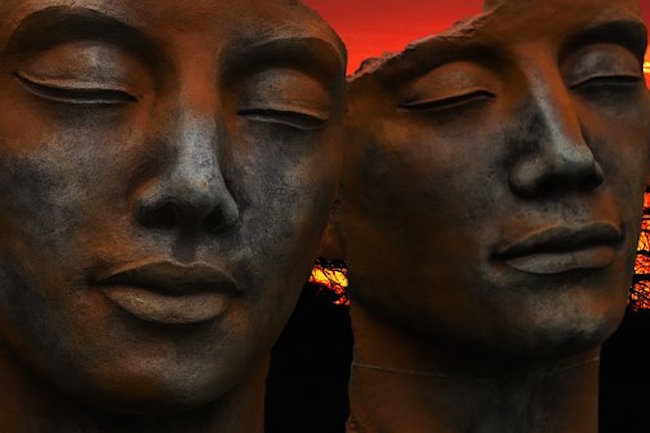Good News for Whole-Person Flourishing by Hunter Beaumont for The Gospel Coalition
Over the last 75 years, American evangelicals have become increasingly active in poverty alleviation. This is one of the great achievements of Carl Henry and Billy Graham’s “neo-evangelical” vision, forcefully introduced by Henry’s 1947 watershed book The Uneasy Conscience of Modern Fundamentalism.
Fundamentalists, Henry said, were like theologically precise priests passing by a dying traveler. They complained about the theological bankruptcy of the “social gospel” but didn’t have their own program for addressing social evils. Henry identified fundamentalism’s own theological poverty as the culprit. They lacked a coherent doctrine of the kingdom of God, even though it was at the core of Jesus’s preaching. They couldn’t differentiate the “now” from the “not yet” of the kingdom, and thus had no vision for how it transforms the present social order. Evangelicals should recover the supernatural kingdom that the social gospel denied and fundamentalism forgot, then apply that kingdom to all the world’s problems.
This they did! In the seven decades since Uneasy Conscience, evangelicals have grown a social program, a joint venture of scholarship and activism. For its part, evangelical scholarship has contributed to a growing consensus on the kingdom of God. In symphony, evangelical activism has built ministries of poverty relief, community development, racial reconciliation, abortion prevention, and sex-traffic fighting.
But in recent years, this movement has been going through a midlife crisis. Is all our activity actually doing good? Why do some of the people we’re trying to help stay stuck in poverty?
When Helping Helps
Brian Fikkert embodies the best of this tradition and its reevaluation. His work at Chalmers Center lives at the intersection of scholarship and activism. When Helping Hurts, his 2009 book coauthored with Steve Corbett, was an awakening for many readers to the notion that not all “doing good” does good. (See Sarah Zylstra’s feature story, “‘When Helping Hurts’: How One Book Changed Care for the Poor.”)
Just as Uneasy Conscience had called for, When Helping Hurts started with a robust vision of God’s kingdom and examined poverty through that lens. Along the way, it argued that much of what’s done to “help the poor” actually harms both the helped and the helper since it ignores key dimensions of the kingdom.




